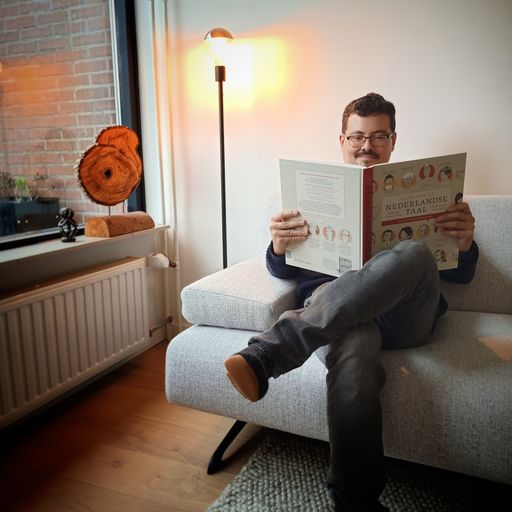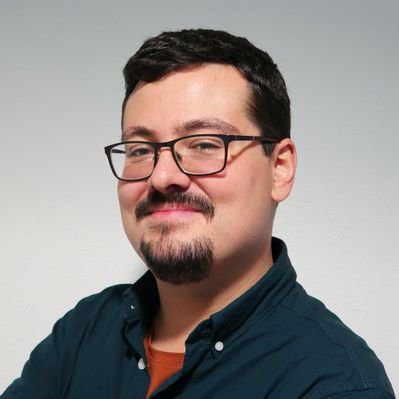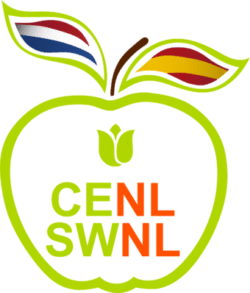
I have been living and working in the Netherlands since 2015. While my experience was very positive from day one, there was something that made me feel far from home with special intensity. It wasn’t the climate, or the customs, or even the food. It was the language. And from minute one I was determined to do something about it.
Premium communication
It is true that Dutch (or Dutch) is not exactly a world language. Dutch is spoken in a relatively small region of Europe (the Netherlands and the Flemish region of Belgium), as well as in Suriname and the Dutch Caribbean. One of the many languages of the South African Republic, Afrikaans, is mutually intelligible with Dutch. It’s not bad, but it can’t compete with English or Spanish. Why invest time and energy in learning it?
The first answer that comes to mind is that I don’t live in the world. I live in the world, yes, but not in the whole world at the same time. I take little comfort in the global figures for English, Mandarin or Spanish when the mother tongue of most of my friends and neighbors is Dutch.
It is true that most people in the Netherlands also speak more than acceptable English, and this leads me to a couple of observations. The first is of a moral nature: isn’t there something shady about the fact that a society’s level of English is a deterrent to learning its language and culture, shouldn’t this be an advantage rather than a hindrance? The second is of a practical nature: they speak English, yes, but as a second language… and I want premium access to my friends and loved ones, I want to understand their thoughts and emotions in the best possible way, without intermediaries or translations.
Feeling at home
The homeland is the language, as Camus, Pessoa, and many others would say. It is no coincidence that linguistic issues raise passions linked to identity and belonging.
Few things have such an evocative power as phonology, the musicality of a language. Those of you who have spent time outside your linguistic borders will know the sensation of listening to a conversation in Spanish from a distance: one immediately “tunes in” to that frequency, even if one does not want to. It even seems as if it sounds louder. Everything seems to indicate that this is an evolutionary adaptation to easily recognize humans in our group. This was undoubtedly useful in earlier times, more violent and dangerous than today’s, when being suspicious of the next-door tribe was generally a good idea. It is not unreasonable to think that the opposite is also true: being surrounded by exotic sounds can put us on guard, although nowadays it is no longer necessary. For this reason alone, it is worth getting your ear used to the language spoken in your environment.
Get your ear used to it. This is easier said than done. One of the great difficulties of the Dutch language for a Spanish speaker is precisely its phonology. Spanish is a language particularly poor in vowel sounds (five), while Dutch is extremely rich (between sixteen and twenty-four, depending on the dialect). It is simply a matter of training the ear to discriminate these sounds. And it is important to discriminate them. For example, for an untrained Spanish speaker the words huur and hoer sound exactly the same (júr). Judge for yourself whether or not it is important to distinguish them: the former means rent, the latter means prostitute.
Returning to the subject of familiarity, few things generated more unease for me in 2015 than entering a library or a bookstore. I love books, and seeing myself surrounded by thousands of books I couldn’t read made me feel awful. Something similar used to happen to me with newspapers and the simple, snatched pleasure of flipping through them in a coffee shop.
Today I can finally read in Dutch. With greater difficulty than in my mother tongue, of course, but with sufficient fluency to be able to enjoy the plot. Besides, reading is an excellent and entertaining way to perfect the language and increase vocabulary.
Never say never
Many of us emigrants came to the Netherlands, in principle, for a season. Sometimes this season seems to be very well delimited, like for those of us who came with a 4-year pre-doctoral contract. Other times it is more open-ended, as for those who come to gain experience and some money, but with the idea of returning. Our stays always seem to have an expiration date. This can make learning the language not seem like a wise investment.
In my opinion, this reasoning is flawed. The problem is that it forgets that we are human beings, not bundles that can be stored and simply picked up four years later. Most of us, during our stay, will establish relationships (professional, friendship, romantic and even family) for life. Just setting foot in another country increases the likelihood of staying in that country for the long haul.
A few tips
Naturally, the decision whether or not to learn a language is a highly personal one. Here are some of the reasons that guided me, in case they are useful. For those who want to get down to work, or are already doing so, I would also like to offer some practical advice:
- If you enjoy learning in class with a teacher, ask at your nearest library. Many of them offer free courses.
- Educational apps like Duolingo are extremely useful, especially in the first few days.
- Try to speak as much Dutch as you can and as soon as possible.
- Don’t be demoralized if they answer you in English. They do it out of politeness, and if they are understanding you, you are making progress.
- Many TV programs are subtitled, but my experience is that the subtitles are often poorly synchronized. They work much better on the public TV app, NPO, which has a free version.
- Most TV providers in the Netherlands also give access to Één, the main public broadcaster in Flanders. You may find their accent easier to understand.
- There are many podcasts in Dutch. Zeg het in het Nederlands is especially designed for language learners. Others, such as De kamer van Klok, use particularly standard Dutch and also deal with current news, so it’s easy to follow. Bonus tip: most podcast players allow you to adjust the playback speed.
- If you like to read, start reading as soon as you can. Personally, I find the novels of Kader Abdolah (an Iranian refugee who is now a bestselling author in Dutch) ideal for beginners. Short chapters, relatively simple language and interesting stories.
- The combination of an e-book with a built-in dictionary (I use Kindle for tablet) with a mnemonic app (I use Anki) is very powerful for improving vocabulary.
If you have any more, or want to tell me about your experience, feel free to contact me.

Pablo Rodriguez Sanchez
Computational Scientist at Netherlands eScience Center
Pablo Rodríguez Sánchez (Guadalajara, Spain, 1984) holds a degree in physics from the Complutense University of Madrid, a PhD in mathematics from Wageningen University and is a semi-professional science communicator at Naukas. He currently works as an expert in scientific computing at the Netherlands eScience Center. His interest in Dutch language, culture and history has led him to translate recently into Spanish the Canon van Nederland.


